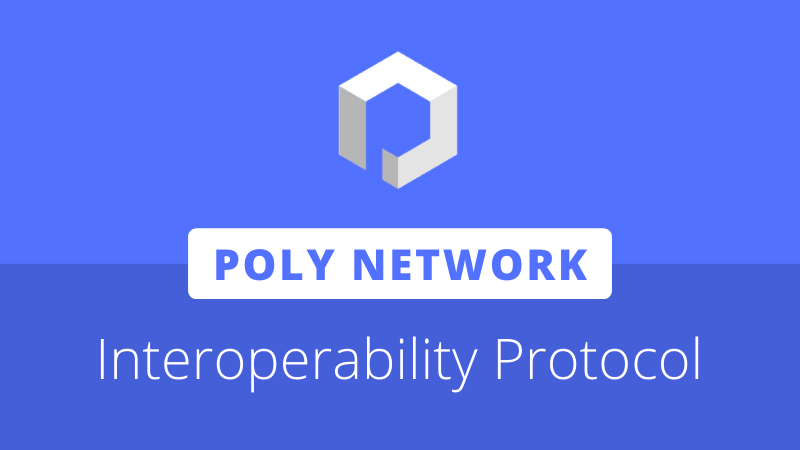
Byzant is a new series by Neo News Today, providing access to insider perspectives from knowledgeable individuals in the Neo ecosystem and broader blockchain industry. For the following week after a guest has shared their insight, they will be encouraged to participate in discussion on the Neo subreddit by answering relevant questions from the community.
In this week’s feature, we talked with Wang Yong Qiang, a researcher at Neo Global Development, about the changes to the economic model in Neo3 and its intended effect on Neo’s governance and decentralization.
Wang Yong Qiang carries extensive knowledge across several fields including blockchain, networking, multimedia codecs, and fundamental mathematical theories. Prior to his work at NGD Shanghai, Yong Qiang worked as a developer on cloud services under the Alibaba group, and developed machine vision algorithms for Yitu Tech, a Chinese R&D firm that research applications of AI technology.
Readers interested in knowing more about the economic changes coming in Neo3 can join the conversation and take advantage of Yong Qiang’s knowledge at the following thread:
NNT: What were the main considerations when making improvements to the Neo3 economic model, and how will the incentivization changes affect the decentralization of Neo’s governance?
Wang Yong Qiang: The main focus is on GAS redistribution and voting incentive. To straighten the stability of the Neo network, NEO holders need to better play their roles. In Neo2, NEO holders can receive GAS without doing anything, but the Neo network requires their participation in order to securely maintain the blockchain.
Thus, in Neo3, the allocation of free GAS received by NEO holders will be reduced. Most of GAS is instead distributed to the real contributors in Neo network, the users that participate in voting for nodes. More NEO holders making use of their voting rights results in successful governance decentralization on the Neo network.
We can highlight a few important factors that lead us to this design:
- Cost: Lower cost solutions are preferred because most of the available resources should be reserved for Neo applications, and lower cost means better performance.
- User experience: Users should not have many troubles introduced by the adjustment to the economic model when it comes to daily usage of Neo3, and NEO holders can maintain most of their habits from Neo2.
- Security: There is zero tolerance for mechanism vulnerabilities.
- Complexity: Simple is better.







About The Author: Brett Rhodes
Brett is a blockchain enthusiast and freelance writer who originally began producing content for the gaming & eSports industries. Now he spends most of his time contributing in the Neo ecosystem.
More posts by Brett Rhodes